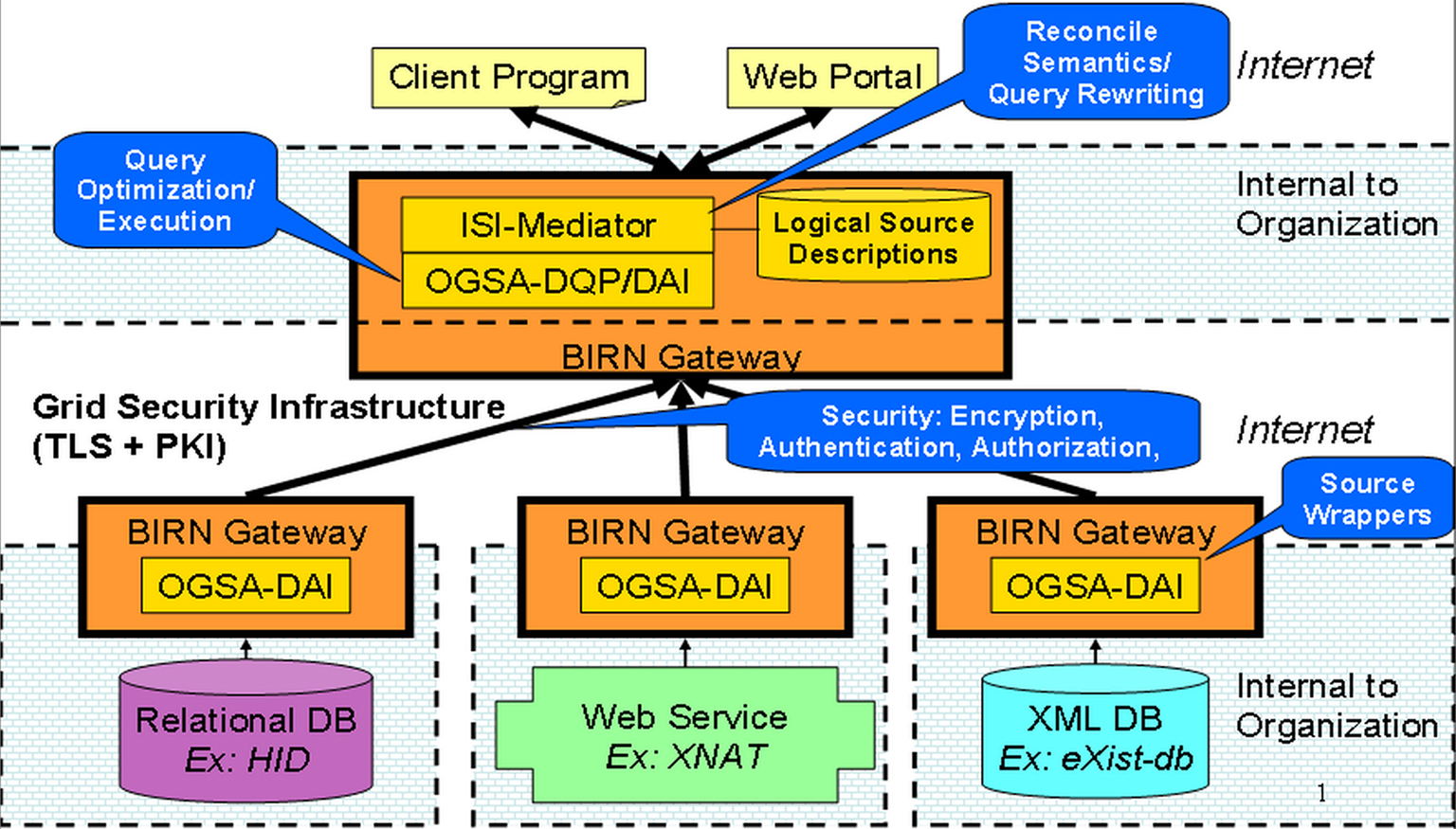|
In the digital age, electronic waste, or e-waste, has become a pressing environmental and public health concern. With the rapid advancement of technology, the disposal of electronic devices has increased exponentially, leading to significant environmental degradation and resource depletion. This article explores the importance of effective e-waste management and highlights the role of technology in addressing this global issue. E-waste includes discarded electronic devices such as computers, smartphones, televisions, and other consumer electronics. The improper disposal of these devices poses several challenges. Firstly, many electronic devices contain toxic substances such as lead, mercury, cadmium, and brominated flame retardants. When not disposed of properly, these hazardous materials can contaminate soil, water sources, and the air, posing serious risks to human health and the environment. Secondly, electronic devices also contain valuable and scarce resources, including precious metals like gold, silver, and platinum. Mining these resources from the earth has significant environmental impacts, including deforestation, habitat destruction, and water pollution. Proper e-waste management enables the recovery and recycling of these valuable materials, reducing the need for new resource extraction and minimizing environmental damage. Effective e-waste management encompasses various strategies and practices. One crucial aspect is the establishment of collection systems to ensure that e-waste is properly collected and transported to recycling facilities. Governments, manufacturers, and consumers all have a role to play in promoting responsible recycling and disposal. Many countries have implemented legislation requiring the proper handling and disposal of e-waste, encouraging manufacturers to take responsibility for end-of-life product management. Furthermore, technology itself plays a significant role in addressing e-waste management challenges. Innovations in recycling technologies, such as automated sorting systems and advanced material recovery processes, are improving the efficiency and effectiveness of e-waste recycling. These technological advancements enable the extraction of valuable materials from electronic devices with minimal environmental impact. Moreover, the concept of a circular economy, where products are designed for reuse and recycling, is gaining traction in the tech industry. Companies are increasingly adopting eco-design principles to create more sustainable electronics. This involves designing products that are easier to disassemble, repair, and recycle while minimizing the use of toxic materials. By embracing the circular economy approach, manufacturers can reduce e-waste generation and promote resource conservation. Education and awareness also play crucial roles in e-waste management. Educating consumers about the hazards of improper disposal and the benefits of responsible recycling encourages them to make informed choices. Public awareness campaigns can emphasize the importance of recycling electronic devices and provide information on recycling centers and drop-off locations. In conclusion, effective e-waste management is essential in the digital age to mitigate environmental damage, protect human health, and conserve valuable resources. Technology, through innovative recycling processes and the adoption of circular economy principles, is playing a pivotal role in addressing this global issue. By implementing proper collection systems, promoting responsible recycling practices, and raising awareness among consumers, we can collectively work towards a more sustainable and environmentally friendly approach to managing e-waste.  |
